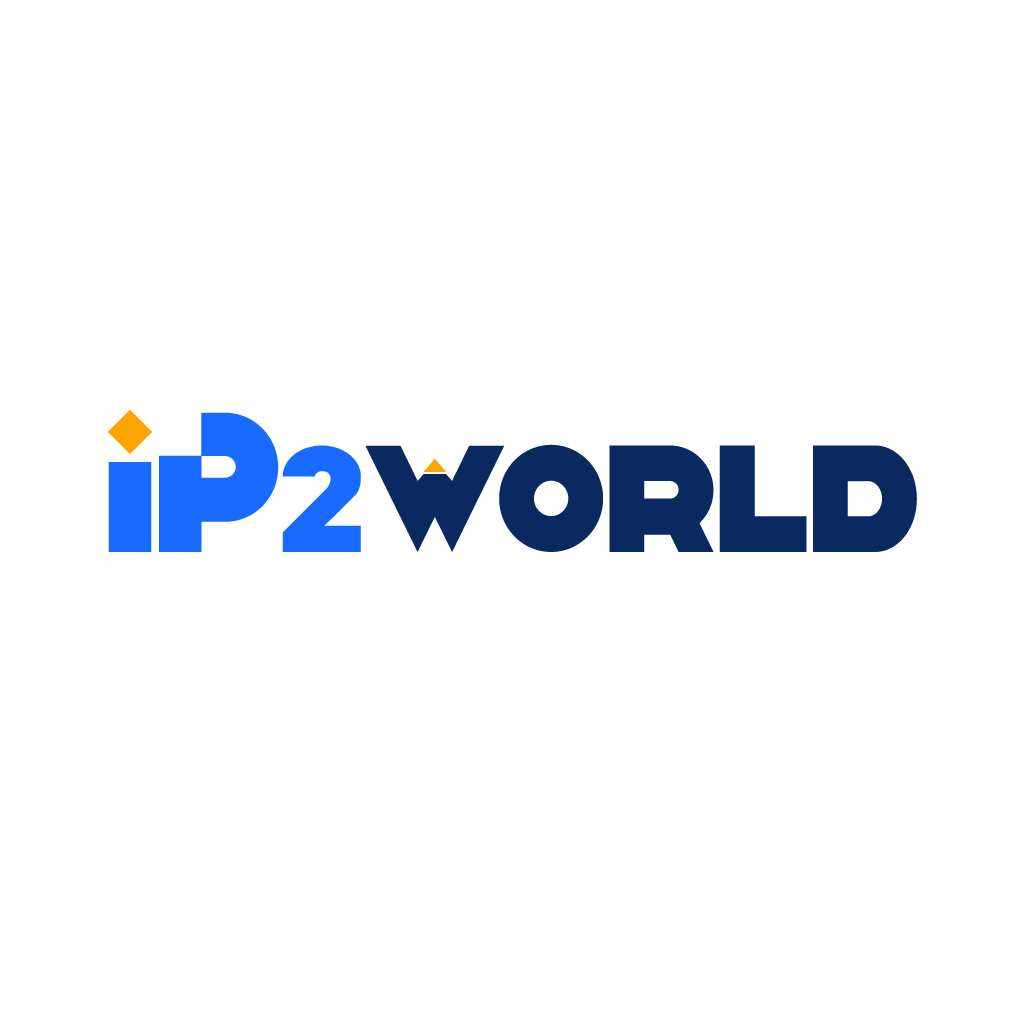This article deeply compares the technical features of data center proxies and residential proxies, and combines IP2world's product solutions to provide accurate selection recommendations for enterprise users. 1. Definition of Data Center Proxies and Residential ProxiesData Center Proxies are IP addresses created by third-party service providers through data center servers. They have the characteristics of high bandwidth and low latency and are usually used in large-scale data capture or high-frequency request scenarios.Residential Proxies allocate IP addresses through real home network devices, simulating ordinary user behavior, and are suitable for business scenarios that require high anonymity, such as social media management or advertising verification.IP2world provides static ISP proxies (data center type) and dynamic residential proxies, covering network needs in more than 90% of the world. 2. Comparison of the core differences between the two types of proxys2.1 Technical ArchitectureData center proxy: Based on cloud computing server clusters, IP resources are centrally managed and support rapid batch deployment.Residential proxy: Relying on distributed terminal devices, the IP geographical distribution is wider and the behavior patterns are closer to real users.2.2 Performance IndicatorsData center proxy: Single node bandwidth can reach 10Gbps, and the response time is stable within 50ms.Residential proxy: The bandwidth is affected by the terminal network environment, the average response time is about 200ms, but it is more hidden.2.3 Applicable ScenariosData center proxy: suitable for tasks that require high-speed processing, such as price monitoring and competitive product analysis.Residential proxy: It is primarily used in scenarios such as account registration and content crawling to circumvent anti-crawling strategies.IP2world's static ISP proxy combines the advantages of data center and ISP, providing fixed IP while ensuring carrier-level stability. 3. Key considerations for enterprise selection3.1 Business ObjectivesNeed high frequency requests: Choose a data center proxy to reduce costs.Risk control systems need to be avoided: Use residential proxies to reduce the risk of being blocked.3.2 Cost efficiencyData center proxy: Billed by bandwidth, cost about $50 per TB.Residential proxy: Billed by the number of requests, about $300 per million requests.3.3 Compliance requirementsSome industries have strict regulations on IP sources. For example, financial data collection requires the use of residential proxies to meet compliance audits.IP2world's unlimited server plan supports mixed deployment of two types of proxies, and users can dynamically allocate resources through a unified console. 4. IP2world's integrated solution4.1 Technology Integration and InnovationIntelligent routing system: Automatically detects the protection strategy of the target website and dynamically switches the proxy type. For example, residential proxies are preferentially assigned to sites protected by Cloudflare.Protocol-level optimization: S5 proxy supports SOCKS5 protocol, reducing the exposure of protocol features during data transmission.4.2 Resource Coverage CapabilityData center proxy: covers more than 30 core data centers around the world and supports customized IP segments.Residential proxy: Integrates 90 million real residential IPs, with more than 2 million new available IPs added every day.4.3 Management ToolsProvides API interface, browser plug-in and proxy management SDK, supporting real-time monitoring of traffic consumption and IP health status. 5. Future trends in proxy technology evolutionHybrid proxy pools: Combining the speed of a data center with the anonymity of a residential proxy, such as IP2world’s exclusive data center proxies that have implemented intelligent IP rotation.AI-driven scheduling: Use machine learning to predict the anti-crawling mechanism of the target website and adjust the request strategy in advance.Edge computing integration: Deploy proxy nodes to CDN edge servers to further reduce latency. As a professional proxy IP service provider, IP2world provides a variety of high-quality proxy IP products, including dynamic residential proxy, static ISP proxy, exclusive data center proxy, S5 proxy and unlimited servers, suitable for a variety of application scenarios. If you are looking for a reliable proxy IP service, welcome to visit IP2world official website for more details.
2025-03-11





